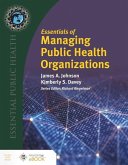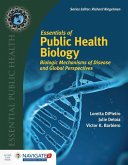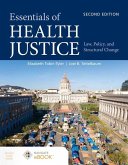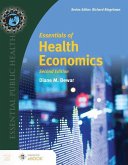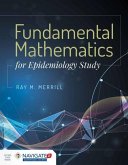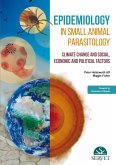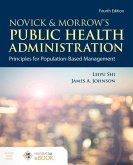Seamlessly blending theory and practice, Aschengrau & Seage's Essentials of Epidemiology in Public Health presents both traditional and modern epidemiological concepts in a clear and accessible way. Broad in scope, the text opens with five chapters covering the basic epidemiologic concepts and data sources. A major emphasis is placed on study design, with separate chapters devoted to each of the three main analytic designs: experimental, cohort, and case-control studies. Full chapters on bias, confounding, and random error, including the role of statistics in epidemiology, ensure that students are well-equipped with the necessary information to interpret the results of epidemiologic studies. For the Fifth Edition, descriptive data and statistics have been updated throughout, most significantly in Chapters 4 (Sources of Public Health Data) and 5 (Descriptive Epidemiology). The latter chapter also includes a new section on the leading causes of morbidity in the United States, with a summary of the COVID-19 pandemic. Key Features: - Clear descriptions of contemporary epidemiological methods, such as mediation analysis, agent-based modeling, difference in difference methods, and the use of directed acyclic graphs for describing confounding.- A dedicated chapter on critical review of epidemiological studies guides students in learning this essential skill.- Up-to-date examples from the epidemiologic literature on diseases of public health importance are provided throughout the book- Helpful instructor resources include PowerPoint slides, eight in-class exercises, three journal clubs, test banks questions, lecture outlines, and sample syllabi.
Hinweis: Dieser Artikel kann nur an eine deutsche Lieferadresse ausgeliefert werden.
Hinweis: Dieser Artikel kann nur an eine deutsche Lieferadresse ausgeliefert werden.


